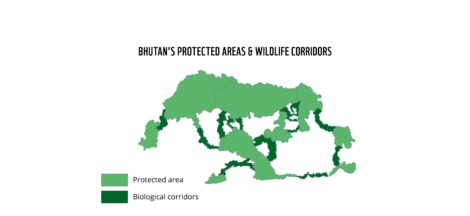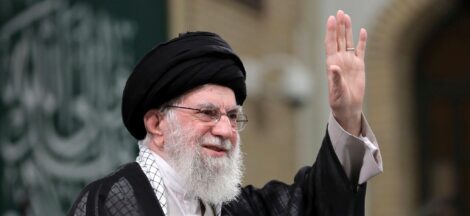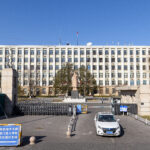Prime Minister Narendra Modi has intensified the diplomatic standoff with Pakistan by criticising the Indus Waters Treaty and asserting India’s right to fully utilise its share of water from the Indus river system. Addressing a public gathering in Gandhinagar, Modi remarked, “Just opened a few dam gates for desilting, and they’re already sweating,” implying that even minor actions have unsettled Pakistan.
The IWT, brokered by the World Bank in 1960, allocates the waters of the Indus river system between India and Pakistan. Modi described the treaty as “badly negotiated,” arguing that it has disadvantaged India by restricting its ability to use its rightful share of water. He highlighted that for 60 years, maintenance activities like desilting were neglected, leading to reduced capacity in dams, particularly in Jammu and Kashmir.
Modi’s comments come in the wake of India’s suspension of the IWT following a deadly attack in Indian-administered Kashmir on April 22, which killed 26 people. India blamed Pakistan for supporting the attack, an allegation Islamabad denied. The suspension of the treaty has raised concerns about water security in Pakistan, where the Indus river system is crucial for agriculture and livelihoods.
Pakistan’s Foreign Office condemned Modi’s remarks, stating that they reflect a disregard for international obligations and could escalate tensions between the two countries. The suspension of the IWT and India’s subsequent actions have been perceived in Pakistan as a form of coercion, using water as a tool of political pressure.
The Salal Dam on the Chenab River, a key component of the Indus river system, has been at the centre of the controversy. Constructed in the 1970s, the dam has suffered from siltation due to the plugging of under-sluices, a concession made to Pakistan during its construction. The lack of desilting over the years has significantly reduced the dam’s capacity, affecting power generation and water storage.
India’s decision to open the dam gates for desilting has been portrayed by Modi as a necessary step to reclaim the country’s water rights and restore the functionality of its infrastructure. He emphasised that these actions are within India’s rights under the treaty, and that Pakistan’s reaction indicates a sensitivity to any changes in the status quo.
The broader context of Modi’s remarks includes a firm stance against terrorism and a commitment to national security. He criticised Pakistan’s alleged support for terrorist activities and reiterated India’s resolve to respond decisively to any threats. Modi’s rhetoric aligns with a broader narrative of asserting India’s sovereignty and taking proactive measures to protect its interests.




 Beijing’s Global Lending Turns into a $22 Billion Collection Drive
Beijing’s Global Lending Turns into a $22 Billion Collection Drive 